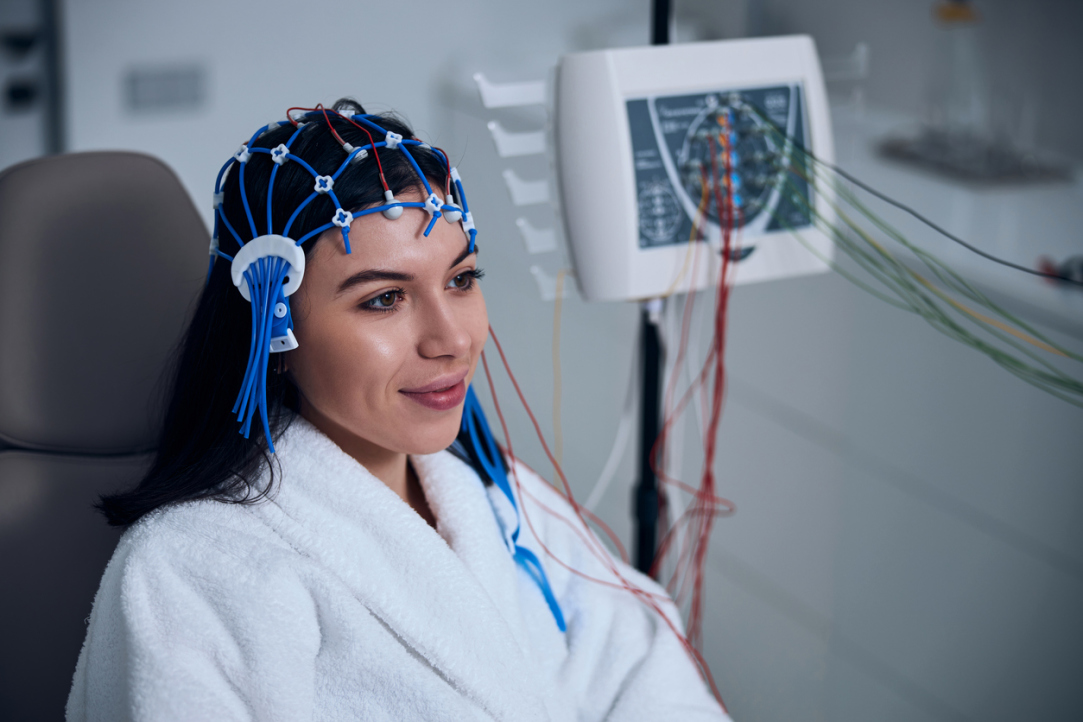
Readiness to Punish Others for Selfish Behaviour Explained by Functional Brain Connections
The stronger the functional brain connections, the less inclined someone is to punish others for unfair behaviour. This conclusion was reached by HSE researchers following a neuroimaging experiment. Their paper ‘Wired to punish? Electroencephalographic study of the resting-state neuronal oscillations underlying third-party punishment’ was published in the journal Neuroscience.
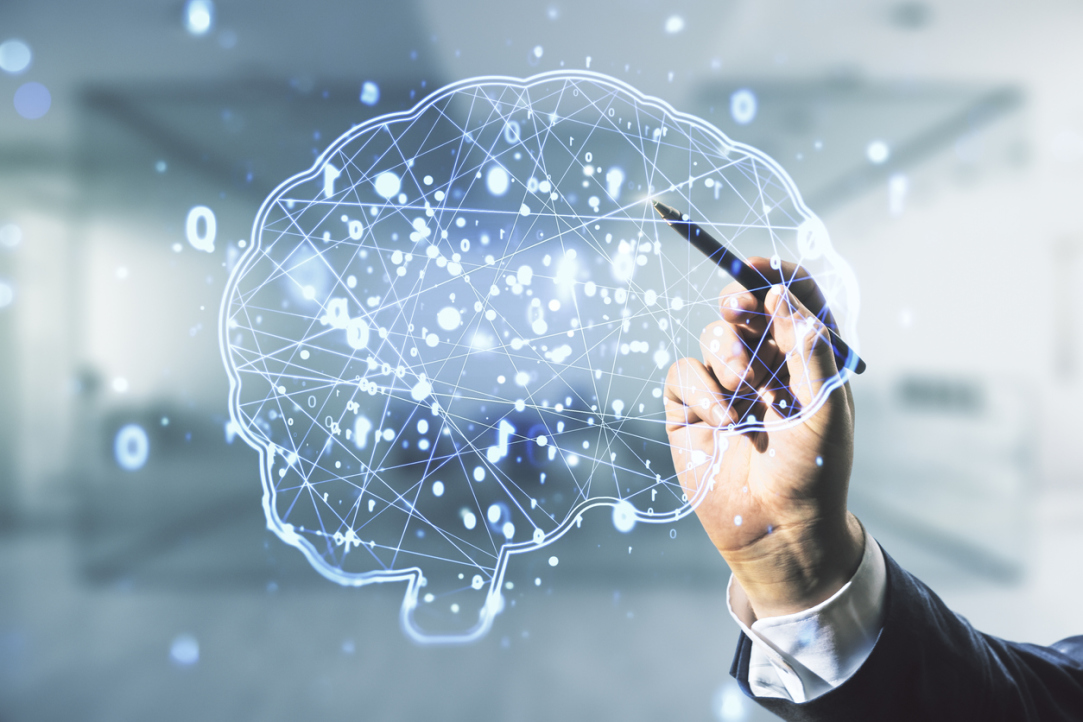
Researchers Come Up with a New Explanation of Processes that Underlie Working Memory
Researchers from the HSE Centre for Cognition & Decision Making have developed a computational model of working memory and demonstrated the stabilizing effect of gamma oscillations, as well as the importance of fast interaction between the model components. The study results have the potential to become part of a theoretical basis for experiments on improving working memory functions with non-invasive brain stimulation. The study was published in Frontiers in Neural Circuits .
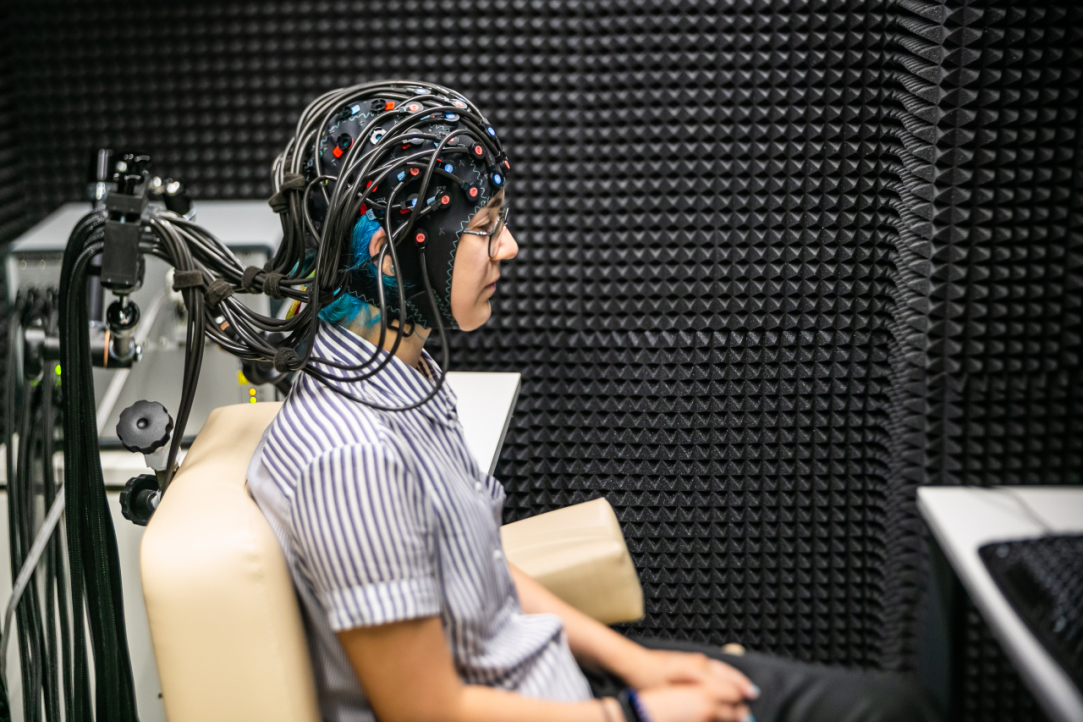
Lasers, Magnetic Stimulation and a Robotic Arm: How Researchers at HSE University Study the Brain
The Institute for Cognitive Neuroscience (ICN) at HSE University has recently added state-of-the-art laboratory equipment to its range of tools for studying brain function. The News Service visited the Institute to learn more about the uses of infrared lasers, optical tomography and a unique robotic arm, as well as why research into vascular tone is important, which parts of the brain can be stimulated to make people more generous, and how the Institute’s research can help treat diseases.

Why Men Take More Risks Than Women
Researchers from HSE University and Max Planck Institute for Human Cognitive and Brain Sciences have discovered how the theta rhythm of the brain and the gender differences in attitudes to risk are linked. In an article published in the journal Frontiers in Neuroscience, the researchers addressed which processes can be explained by knowing this connection.
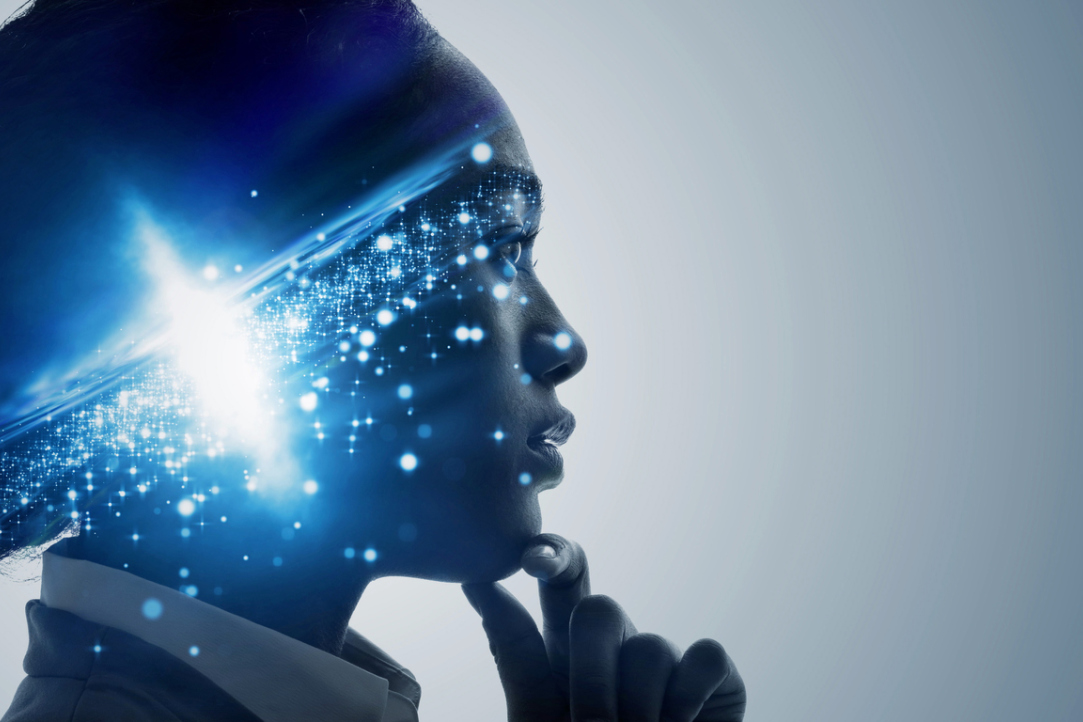
Cutting Edge Neuroscience Research to Be Discussed during Online Conference at HSE University
The first International Conference on Social Neurology in Environmentally Sound Conditions, organized by the International Laboratory of Social Neurobiology of the Institute of Cognitive Neurosciences and Aalto University will be held online on June 21-23, 2021. The HSE News Service spoke with conference organisers and some of the key speakers in the run-up to the conference about its agenda and some research highlights.
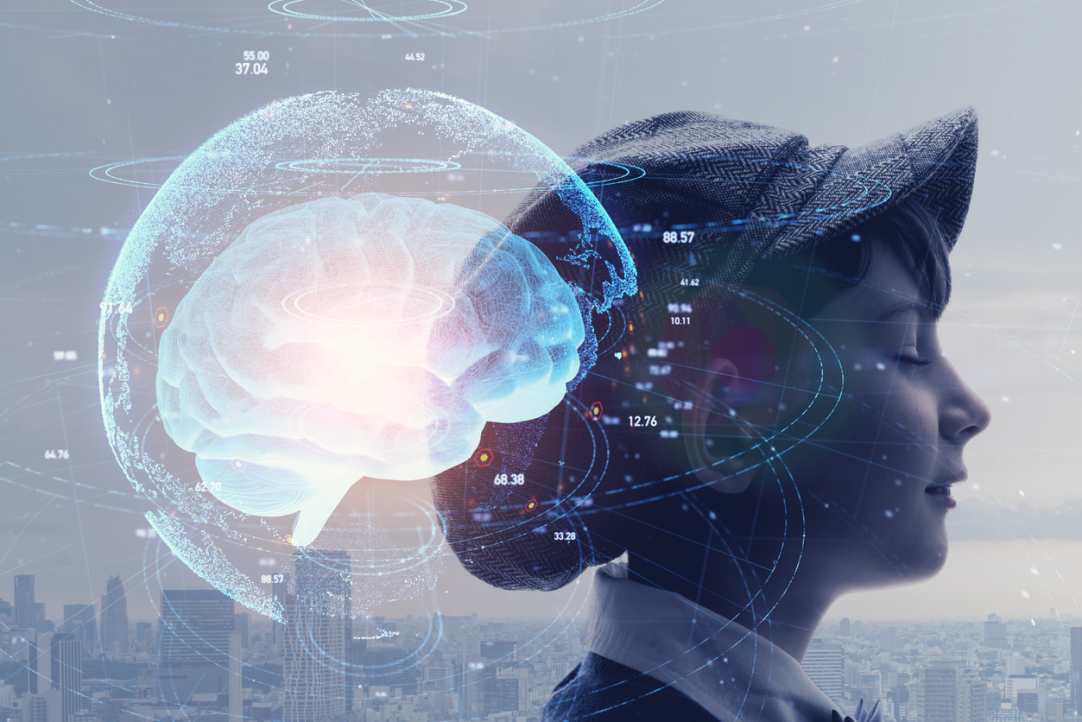
Mirror Labs: A Geographic Effect
The HSE Laboratory for Neurobiological Foundations of Cognitive Development (Neuropsy Lab) is one of 13 winners of the HSE Mirror Laboratories Competition and the only lab headed by an international faculty member. The Neuropsy Lab’s partner institution is the Scientific and Educational Centre for Interdisciplinary Research and Art Technologies based out of Ulyanovsk State University. The HSE Look spoke about this collaboration with the lab’s head – Dr Marie Arsalidou, Associate Professor at the HSE School of Psychology.
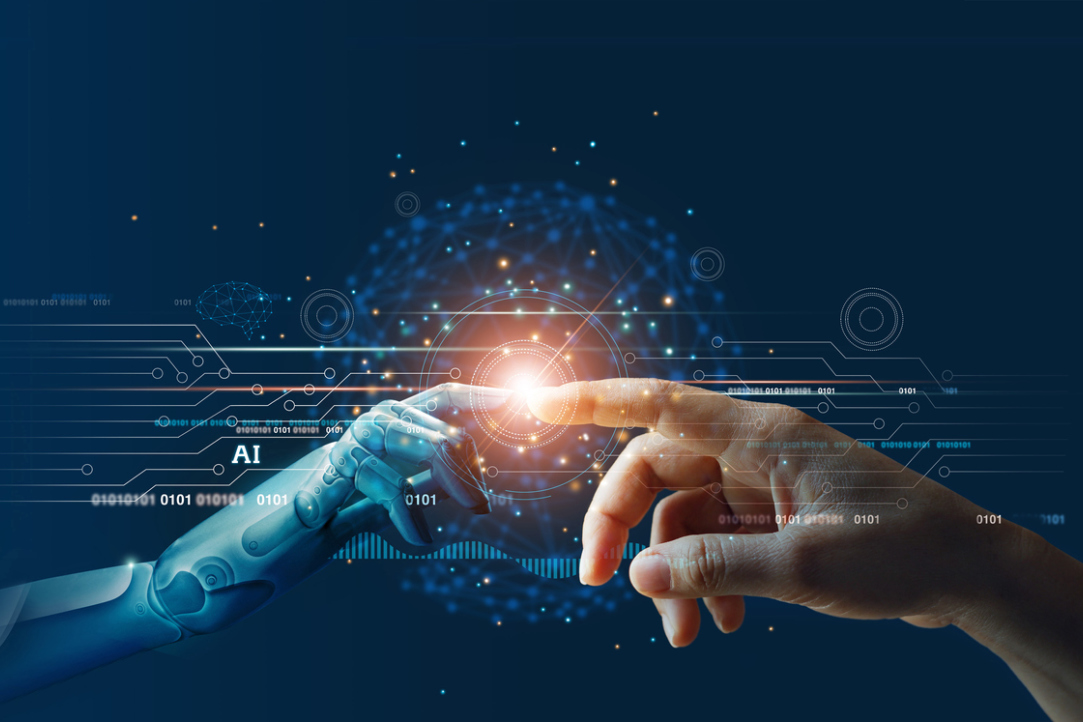
What Can Make Robots More Human-like?
What is affect and why is it important for humans? How can feelings be defined and what is their relation to emotions and consciousness? What might be used in making a soft robot? Professor Antonio Damasio (University of Southern California, USA) discussed these and other questions in his honorary lecture, entitled 'Feeling, Knowing, and Artificial Intelligence'.The talk was delivered on April 16 at the at the XXII April International Academic Conference held by HSE University jointly with Sberbank.
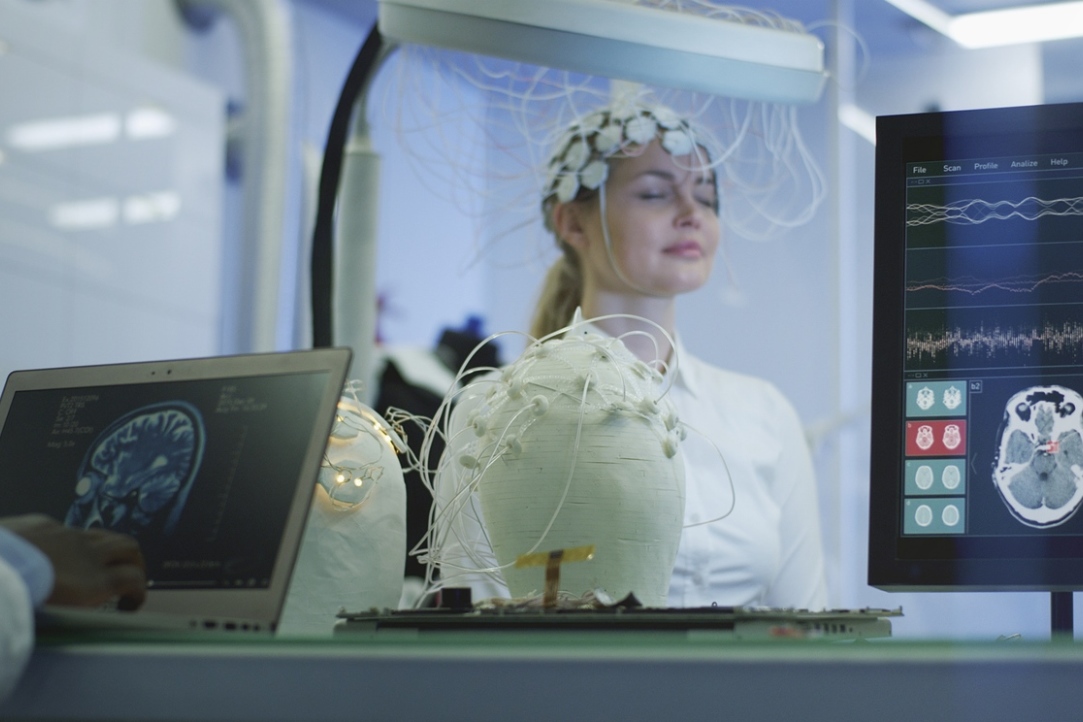
Magnetic Impulses Help Create Muscle Activity Maps to Diagnose Motor Disorders
Using transcranial magnetic stimulation, Russians scientists were able to precisely track inter-muscle interactions between cortical representations of arm muscles. In the future, this method will help track brain changes in patients with motor disorders. The study was published in Human Brain Mapping. The project was supported by the Presidential Programme of the Russian Science Foundation (RSF).
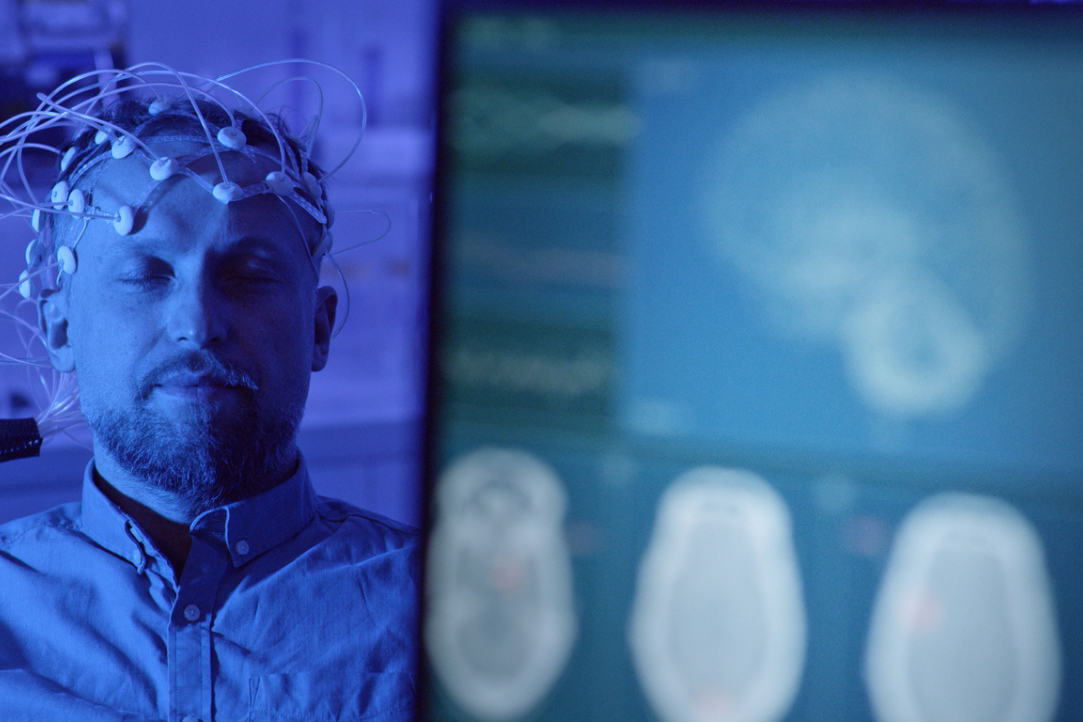
Artificial Neurons Help Decode Cortical Signals
Russian scientists have proposed a new algorithm for automatic decoding and interpreting the decoder weights, which can be used both in brain-computer interfaces and in fundamental research. The results ofthe study were published in the Journal of Neural Engineering.

‘In the Blink of an Eye’ Statistics: People Estimate Size of the Set of Objects Based on Distance to Them
HSE University researchers Yuri Markov and Natalia Tiurina discovered that when people visually estimate the size of objects, they are also able to consider their distance from the observer, even if there are many such objects. The observers rely not only on the objects’ retinal representation, but also on the surrounding context. The paper was published in the journal Acta Psychologica.

